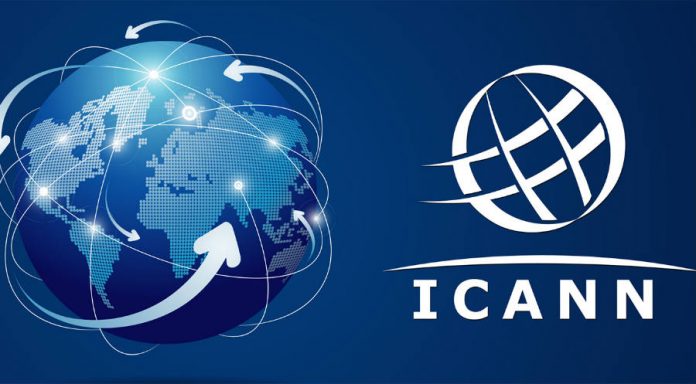
U.S. – White House Press Secretary, John Earnest, said on Tuesday that giving away U.S. control of the Internet’s address database to foreign actors is a step towards less government control.
GOP Texas Senator Ted Cruz is on a crusade to stop the Internet Corporation for Assigned Names and Numbers (ICANN) from going to the hands of an international “muli-stakeholder.”
ICANN is a California nonprofit organization responsible for allocating domain names and IP address and managing the namespace database of the Internet. An agency of the Commerce Department will relinquish the oversight of ICANN on Oct. 1 unless the Congress intervenes.
Mr. Earnest said he finds curious how Cruz, a man that describes himself as a small-government conservative, is against shutting down the Government oversee of the IP’s database with the argument that it would stop the ability of the federal government to control the Internet.
Ted Cruz and Donald Trump do not understand how the Internet works

The Republican believes the USA should keep control of the name allocation network to maintain the freedom of expression on the web, based on the premise that countries as China and Russia would hold greater influence on the net and would spread censorship worldwide.
Even Donald Trump’s campaign policy director, Stephen Miller, said the internet could only be free if the country maintains control over it. Back in December 2015, Trump suggested that the US should consider “closing up” the internet “somehow” to diminish online extremism.
ICANN has no power whatsoever over online content. Sir Tim Berners-Lee, the creator of the World Wide Web, wrote in The Washington Post that ICANN supervises domain names on the Internet and nothing more.
“The actual flow of traffic, and therefore speech, is up to individual network and platform operators,” he added.
Governments decide whether they censor Internet content
North Korea is the prime example, where all websites are under government control and only around 4 percent of the population has internet. Alternatively, In Cuba, the Internet is only available in government “access points.”
As most web servers are in the U.S., a government –or a private organization on behalf a government – can only block access to a site for their homeland population.
They can make it so because each country has their own infrastructure to access the internet, and the more control a State has over the broadband access, the more they can censor.
Private US companies Apache and Microsoft hold over 50 percent of the Internet software server market. Number three on the list is Nginx, an open source company.
In short, there are several technical ways to approach internet censorship. The most common ones are blocking an IP address, redirecting domain names to unresolved URLS, or making a page invisible on search engines.
Each country also has a set of laws that regulates the content of national websites and digital media outlets.
Source: Washington Times











That’s an expert answer to an inrseteting question